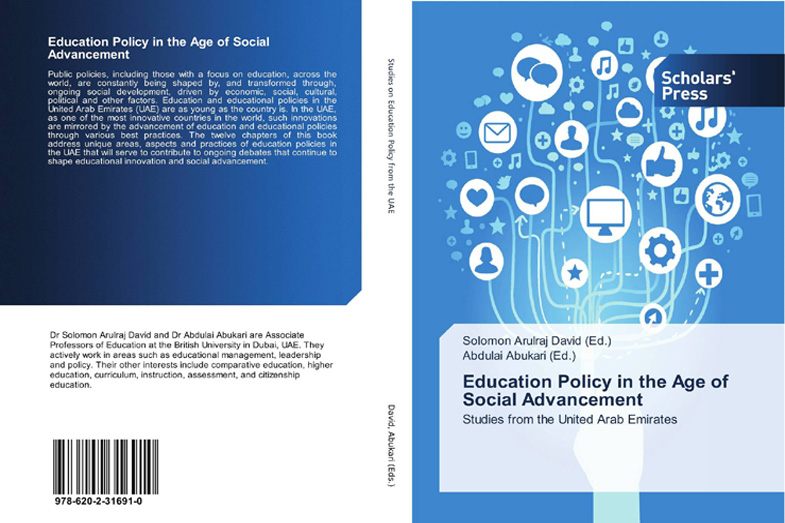Abstract
Concerns about UAE competitiveness have led to increasing the emphasis on knowledge- based economy to prompt innovation in different sectors including the education reform. Therefore, there has been a radical shift in the required type of education offered to UAE students based on the demand of a new job nature in the labor market. Accordingly, the adoption of the Emirates Science, Technology and Innovation Higher Policy has been announced by the President, His Highness Sheikh Khalifa bin Zayed Al Nahyan where competitiveness and productivity of the country are driven by investment in science, technology, research and development. Conse1uently, a new set of scientific initiatives was established to enhance these anticipated developmental changes in UAE through prioritizing these areas and to prepare the educational leaders to align with UAE vision. Thus, this policy aims to “redouble the focus on STEM (Science, Technology, Engineering, and Mathematics in all UAE educational institutions). A great emphasis now is put on engaging high school students in STEM education as an active learning approach that effectively motivate them to be enrolled in science and engineering fields in their future careers.
Key words:
STEM Policy; Teaching Science; Teachers; Perceptions; Education Reform
Reference
Eltanahy, M. (2018). A study in STEM policy implementation in UAE: Science teachers’ readiness to STEM education in the light of their perception. (pp.129-152). In David, S.A., & Abdulai, A. (2018). Eds. Education Policies in the Age of Social Advancement: Studies from the United Arab Emirates. Scholars’ Press.
| File Size: 5.87 MB | File Type: PDF | View / Open |










